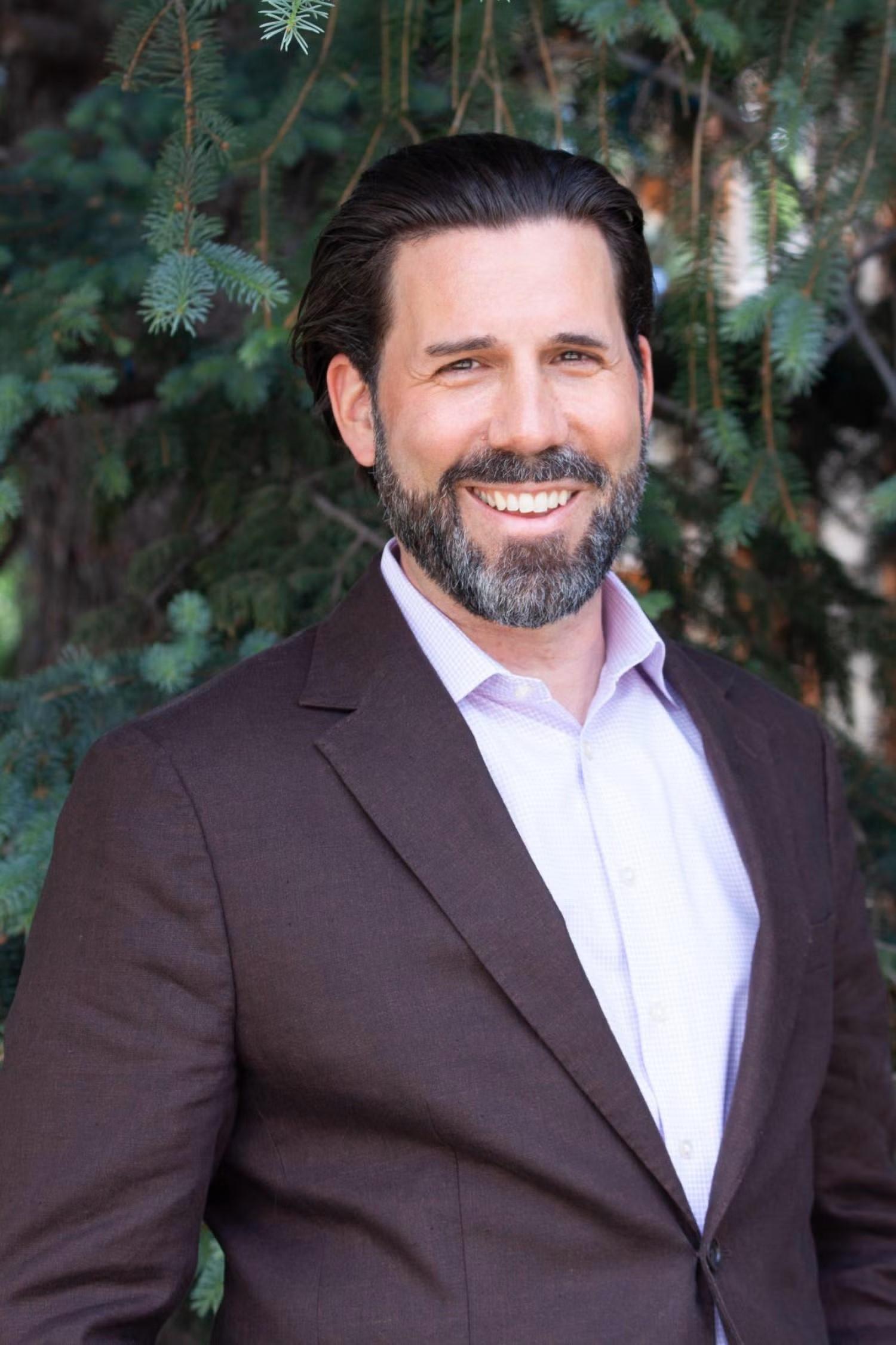John Rinn
- Professor
- Leslie Orgel Professor of RNA Science
- Marvin H. Caruthers Endowed Chair for Early-Career Faculty
- BIOFRONTIERS & BIOCHEMISTRY

Office: JSCBB B417
Lab: JSCBB A453
Education
Bachelor's: Chemistry, University of Minnesota 1999
PhD: Molecular Biophysics and Biochemistry, Yale University 2004
2015 Professor of Stem Cell and Regenerative Biology at Harvard University
Areas of Expertise
long noncoding RNA, RNA, ncRNA, Bioinformatics & computational biology, Epigenetics, Gene expression & regulation, Genetics
Awards and Honors
- 2024 Ranked 3rd in World "Non-coding RNA" Lifetime (Scholar GPS)
- 2020 Web of Science top 1% most influential scientists in the world over the past decade
- 2016 HHMI Faculty Scholars
- 2014 Thompson Reuters Most Influential Scientist
- 2014 National Academy of Science Distinctive Voices
- 2014 National Academy of Science Sackler Colloquium
- 2013 Alvin and Esta Starr Associate Professorship
- 2012 PopTech Science Fellow
- 2010 Merkin Next Generation Fellow
- 2009 Damon Runyon-Rachleff Innovation
- 2009 NIH Innovator
- 2009 Popular Science Magazine’s “Brilliant 10”
- 2008 Smith Family Foundation Fellowship
- 2005 Damon Runyon Cancer Foundation Fellowship
- 2004 Yale University School of Arts and Sciences Commencement Marshall
- 2003 McDougal Fellowship, Yale University, for Professional Development.
- 2002 AAAS Biovision Fellowship.
- 1999 Department of Chemistry Honors : Awarded to top 10 chemistry graduates.
- 1999 Casmir Illunda Award : best senior thesis research and presentation.
Our research bridges computational and experimental sciences to discover new regulatory aspects in the human genome - - Specifically how long noncoding RNA (lncRNA) genes regulate numerous biological processes. We have continually applied and developed many technologies such as single-molecule RNA imaging, RNA-sequencing, Single Cell RNA-sequencing, CRISPR-Display and SNP-CLING. This multifaceted and cross-disciplinary approach is focused on unraveling the molecular modalities underlying RNA biology and in turn how it regulates cell state.
Our teaching of University of Colorado Biochemistry Undergraduate and Graduate Students aims to enable all students to perform bioinformatic and data science analyses on ever emerging forms of genome-wide data such as RNA-seq, ChIP-seq, ATAC-seq.
See my NCBI bibliography for a full and up-to-date list


